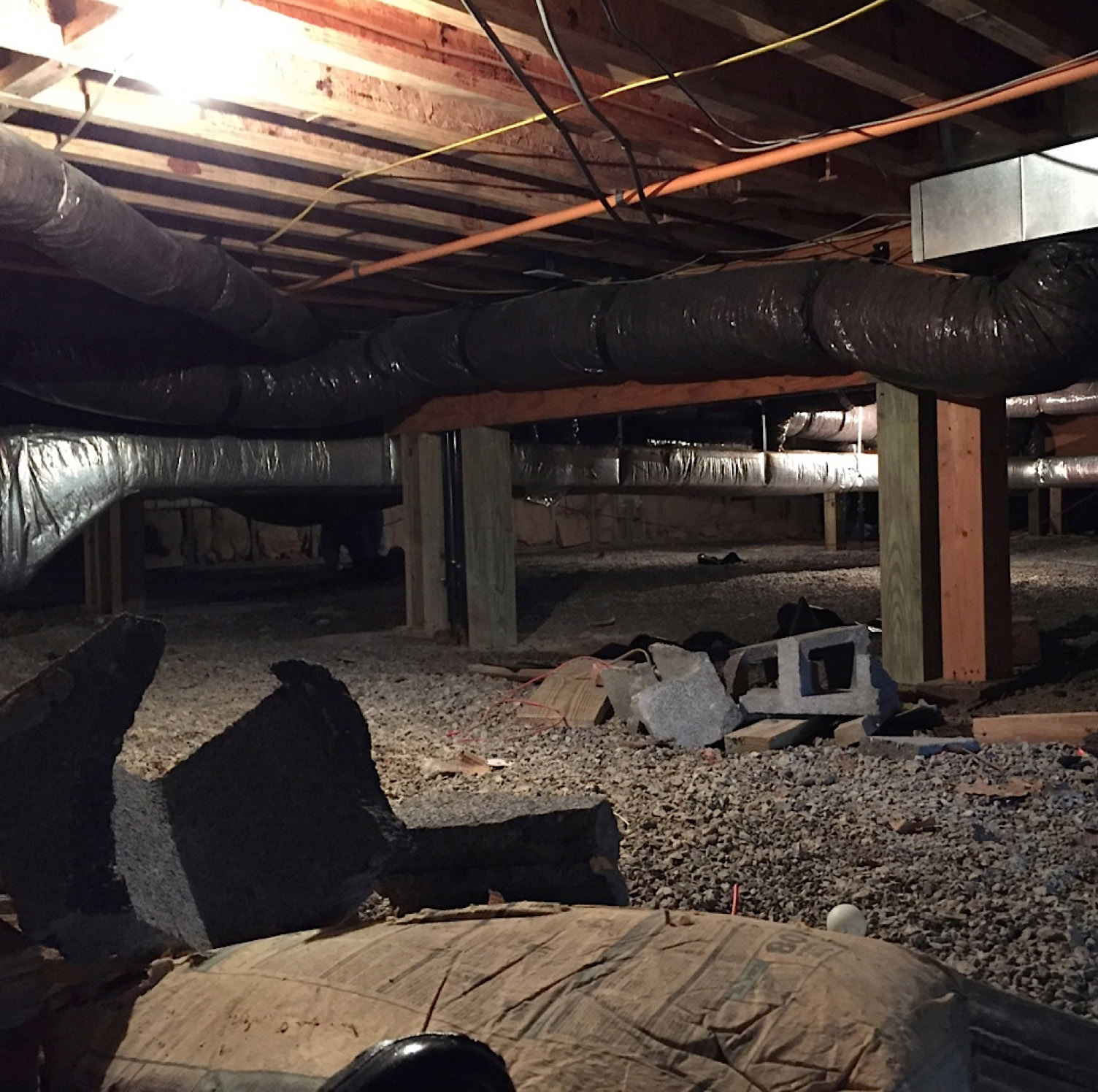Water proofing is a vital aspect of house maintenance that frequently gets ignored. Many property owners fail to realize the importance of keeping their homes safe from water damage, which can lead to costly repairs and long-term physical issues. Comprehending why waterproofing is important for all home and structure is the first step towards ensuring a protected and dry environment for your family. With the potential to save lots in repairs, the advantages of waterproofing far outweigh the initial cost.
In this definitive guide to waterproofing, we will cover everything you need to know about safeguarding your home from water damage. Whether you're dealing with a watery basement, a weak roof, or humidity-prone areas like restrooms and cooking spaces, our list will provide you with the knowledge you need to take action. From busting popular waterproofing myths to spotting the signs that your home needs attention, we have you included. Let's delve into the essential strategies for waterproofing effectiveness and make your home a fortress against moisture.
Understanding the Essential Nature of Water Resistance
Water resistance is an essential aspect of property and infrastructure maintenance that often goes overlooked. Without sufficient waterproofing, a building is susceptible to moisture damage, which can lead to structural issues, mold growth, and costly repairs. By implementing waterproofing methods, property owners can safeguard their assets and enhance the overall durability of their properties.
One of the key reasons waterproofing is vital is the prevention of water intrusion. Whether it's through the foundation, ceiling, or partitions, moisture can penetrate into a structure, causing deterioration that may not be apparent at first. By fixing these potential infiltration sites, owners can prevent major financial burdens related to fixes and refurbishments in the long run. Not only does waterproofing guard against present risks, but it also serves as a preventative measure against upcoming threats.
In addition, effective waterproofing enhances to energy savings in structures. When humidity is regulated, the likelihood of heat loss due to humidity is minimized, resulting in reduced heating and cooling costs. Putting money into waterproofing not only protects your property but also offers economic advantages through prospective discounts, making it an necessary consideration for any property owner.
Crucial Waterproofing Methods and Approaches
Efficient waterproofing begins with a comprehensive inspection of your premises to identify susceptible areas. For https://bartlett-larsson-3.hubstack.net/deciding-among-do-it-yourself-and-expert-waterproofing , applying waterproof paints and membranes on surfaces and floors can prevent moisture intrusion. Interior strategies such as drainage systems and sump pumps help manage water intrusion by redirecting it away from key areas. Additionally, confirming that gutters and downspouts are operating well can minimize water gathering near your foundation.
When managing with roofs, picking the appropriate waterproofing materials is crucial. Liquid waterproofing membranes are popular for flat roofs, as they provide a seamless barrier against leaks. For inclined roofs, selecting quality waterproofing coatings can protect against extreme weather and extend the durability of roofing materials. Regular maintenance is critical, including checking for cracks and ensuring seals around vents and chimneys are intact.

Finally, waterproofing outdoor structures such as decks and patios requires particular techniques to improve durability. Utilizing sealants designed for exterior surfaces can avoid water damage and improve durability. For balconies and terraces, proper drainage systems are essential to stop water pooling and resulting structural issues. By applying these techniques, homeowners can ensure comprehensive protection from liquid problems.
Formulating Well-informed Choices: Do-It-Yourself vs. Expert Moisture Protection
When deciding between DIY and expert waterproofing, it is crucial to assess your skills, the difficulty of the project, and the possible risks involved. DIY waterproofing can be appealing due to the lower costs and the satisfaction of completing a home improvement project. However, many homeowners underestimate the intricacies involved in properly waterproofing areas like cellars or roofing. Errors committed during a DIY project can lead to more significant problems down the line, which could costing higher in repairs than if a qualified expert had been hired from the start.
Conversely, hiring a skilled waterproofing contractor ensures that the job is completed properly and effectively. Professionals bring expertise, specialized tools, and access to high-quality materials that the typical homeowner may not have. In addition, they can detect latent issues that may not be clearly apparent to an inexperienced eye. This level of care can save homeowners time and costs over the long term by preventing problems such as mold growth, structural damage, and potential health hazards from water intrusion.
Ultimately, the choice between DIY and professional waterproofing should depend on your level of comfort with home improvement projects, the particular requirements of the waterproofing task at hand, and your budget. If the project is straightforward and you have the required skills, DIY may be the way to go. However, for trickier challenges or if you are uncertain, investing in professional services is often the wiser choice, providing assurance and long-lasting results.
